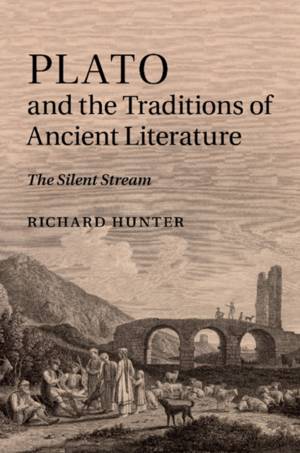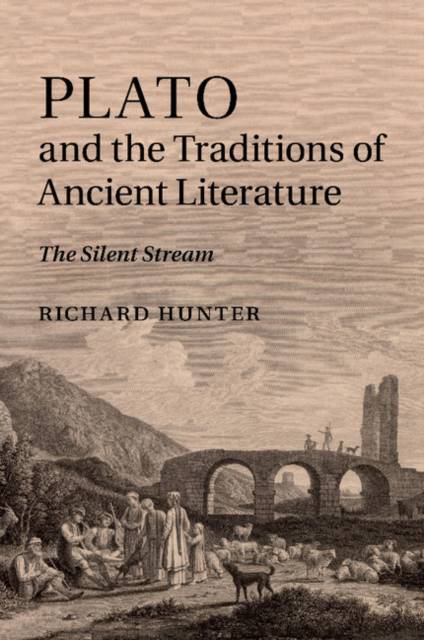
- Afhalen na 1 uur in een winkel met voorraad
- Gratis thuislevering in België vanaf € 30
- Ruim aanbod met 7 miljoen producten
- Afhalen na 1 uur in een winkel met voorraad
- Gratis thuislevering in België vanaf € 30
- Ruim aanbod met 7 miljoen producten
Zoeken
€ 60,95
+ 121 punten
Uitvoering
Omschrijving
Exploring both how Plato engaged with existing literary forms and how later literature then created 'classics' out of some of Plato's richest works, this book includes chapters on such subjects as rewritings of the Apology and re-imaginings of Socrates' defence, Plato's rich style and the criticisms it attracted and how Petronius and Apuleius threaded Plato into their richly comic texts. The scene for these case studies is set through a thorough examination of how the tradition constructed the relationship between Plato and Homer, of how Plato adapted poetic forms of imagery to his philosophical project in the Republic, to shared techniques of representation between poet and philosopher and to foreshadowings of later modes of criticism in Plato's Ion. This is a major contribution to Platonic studies, to the history of Platonic reception from the fourth century BC to the third century AD and to the literature of the Second Sophistic.
Specificaties
Betrokkenen
- Auteur(s):
- Uitgeverij:
Inhoud
- Aantal bladzijden:
- 288
- Taal:
- Engels
Eigenschappen
- Productcode (EAN):
- 9781107470743
- Verschijningsdatum:
- 1/01/2015
- Uitvoering:
- Paperback
- Formaat:
- Trade paperback (VS)
- Afmetingen:
- 152 mm x 229 mm
- Gewicht:
- 385 g

Alleen bij Standaard Boekhandel
+ 121 punten op je klantenkaart van Standaard Boekhandel
Beoordelingen
We publiceren alleen reviews die voldoen aan de voorwaarden voor reviews. Bekijk onze voorwaarden voor reviews.











